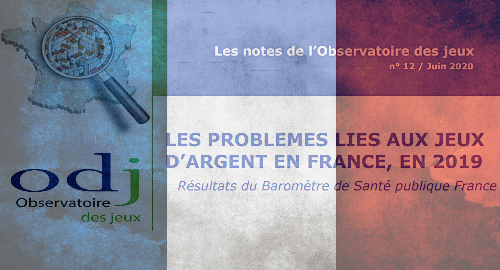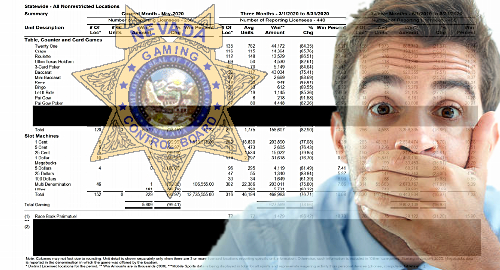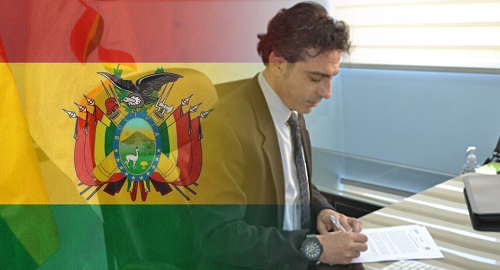SILICON VALLEY, CA, July 1, 2020 – Push Technology, the pioneer and leader in real-time data streaming and messaging solutions, today announced that Betsson Group, a multinational entertainment company, has chosen Diffusion, Push’s Real-Time API Management, to provide real time betting odds, across a wide range of sporting events, to many geographic markets. For Betsson, the deployment delivers network efficiencies and reduces infrastructure costs, while simplifying sportsbook application development.
Scalability and assured real-time application performance are crucial to Betsson Group, as they not only support multiple brands within the organization, but also deliver gaming technology solutions to other brands around the globe. Therefore, when looking for a real-time cloud-based solution to meet rigorous eGaming requirements, Betsson had several key considerations: the efficiency and cost of delivering betting odds to customers; the ability to replicate sportsbook data globally in real-time; the proficient management of network load; and the capacity to scale to meet high volume customer demand.
Fredrik Ogden, Director of Cloud and DevOps at Betsson Group, explains why they chose Diffusion to meet these requirements: “Diffusion gives us the real-time data delivery capability we require to successfully compete globally. Diffusion’s data efficiency and delta streaming technology allow us to update our sportsbook in real-time to a high volume of customers worldwide. The platform can also be used to enhance future operations.”
Ogden continued: “With Diffusion, we have the agility to commission the infrastructure necessary to expand our own branded products and to provide our technology platform to other brands.”






